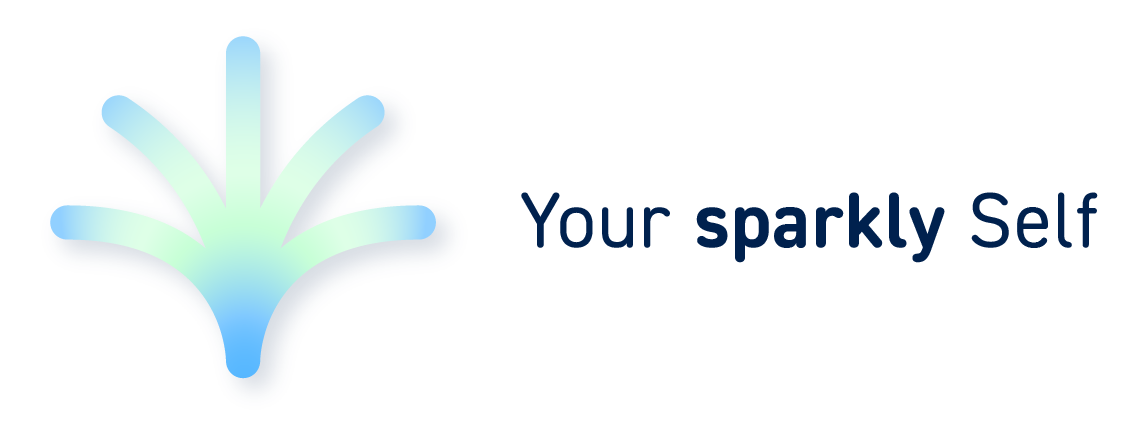
12|2024

“A little stress is normal,” we often say. “I don’t mind it, it keeps me sharp.” Or: “That’s just how life works in this society.” We all have our own perspective on stress and how we handle it. Sometimes we barely notice its effects, and other times we feel like we need it.
Yet long-term stress can silently gain more influence over your body and mind. Even if it doesn’t always feel that way, prolonged stress can lead to health complaints, from mental restlessness to physical fatigue. Being mindful of this — and learning to manage it consciously — is not only healthy but also an essential part of proper self-care.
How does stress actually work in our bodies, and why can it have such a big impact?
A stress response is an automatic physical and mental reaction of your body to a threat or challenge. You may have heard of the “fight, flight, or freeze” response: fight, flee, or freeze. When stress occurs, specific hormones like adrenaline are released. They help your body switch gears quickly and prepare for action:
The beauty is: our bodies are built for this. In emergency situations, this reaction can save our lives. Think of a dangerous moment where you suddenly need to act or react.
However, where stress is clever and effective in the short term, it can become problematic in the long term. With prolonged stress, your body remains stuck in this heightened state of alertness. Your immune system works less efficiently, recovery takes longer, and your energy runs out. Your self-healing capacity — your parasympathetic nervous system — becomes depleted. It becomes harder to relax, and you may experience symptoms like:
If this continues for too long, your body will ‘protest.’ This can lead to increased susceptibility to illness, high blood pressure, chronic sleep issues, and even mental complaints such as anxiety, depression, or burnout.
Stress has two faces:
Positive stress (eustress): energizes you, keeps you alert, challenges you, and motivates you to achieve. But this only works well if the stress is short-lived and stays within your capacity.
Negative stress (distress): occurs when your limits are exceeded and you feel overwhelmed. This often happens in cases of chronic stress, long-term tensions, anxiety, or unresolved trauma.
You might recognize it: after an intense, stressful period, you suddenly get sick or feel physically exhausted. Your concentration isn’t what it used to be, and even small tasks feel like a challenge. Because the symptoms appear later, we often fail to link them to stress. Yet this is exactly how stress works: it builds up in your system and lingers silently.
Did you know that chronic stress is now considered the leading cause of many modern health problems and conditions? From cardiovascular diseases and silent inflammation to weakened immunity and chronic ailments.
Movement is a fantastic way to reduce stress. Exercise gives you energy, strengthens your body, and stimulates the production of endorphins — the happiness hormones that lower stress levels. But what if you over-exercise during a period of emotional stress?
It sounds contradictory, but extreme or intense exercise can place even more stress on your body. When you are already under pressure — for instance, due to work or emotional strain — excessive exercise may hinder your body’s ability to release built-up stress. Your recovery capacity becomes overwhelmed, and what started as a healthy outlet may end up backfiring.
This varies from person to person. Some handle it well, while others struggle. The key is to listen to your body:
Another tip: avoid exercising too close to bedtime, as it can negatively impact your sleep quality. Your cortisol levels remain elevated, making it harder to fall asleep. Aim to finish exercising at least two hours before bed.
Sleep is an essential anchor of rest and recovery. During your sleep:
Stress disrupts this process. The heightened state of alertness keeps your sleep light and prevents proper recovery. The result? More stress, more fatigue — and a vicious cycle begins.
Want to improve your sleep? Focus on sleep hygiene: habits and routines that support better sleep. You’ll find more about this in the “Sparkly Things” downloads.
Negative thoughts can drain your energy. Do you recognize endlessly ruminating over what happened or what you should have done?
An important fact about our bodies: our brains can’t tell the difference between stressful thoughts and real-life situations. Neurochemically, your body reacts in exactly the same way.
The good news? The opposite is also true: techniques like mindfulness, breathing exercises, and visualization can help reduce stress and support your parasympathetic system. They break negative thought loops and help you find calm.
Learning to listen to your body and recognize your limits is essential for finding balance. Sometimes, you can’t change the circumstances, but you can change how you respond to them.
Good self-care means:
Stress is part of life, and that’s okay. But too much stress harms your health. Being mindful of stress begins with listening to yourself, paying attention to rest, and making space for recovery.
Ask yourself:
Even small changes can make a big difference.
Incorporating a simple self-care routine into your day can be a powerful tool: a 15-minute morning meditation, a breathing exercise, a short walk after lunch, dancing to your favorite music, or an evening wind-down ritual.
Want more tools and tips? Check the “Sparkly Things” section for help, such as sleep hygiene and breathing exercises. Or consider coaching to sustainably improve your mental resilience and stress-rest balance.
Take the time: listen to your body, take yourself seriously, and take good care of yourself :-).